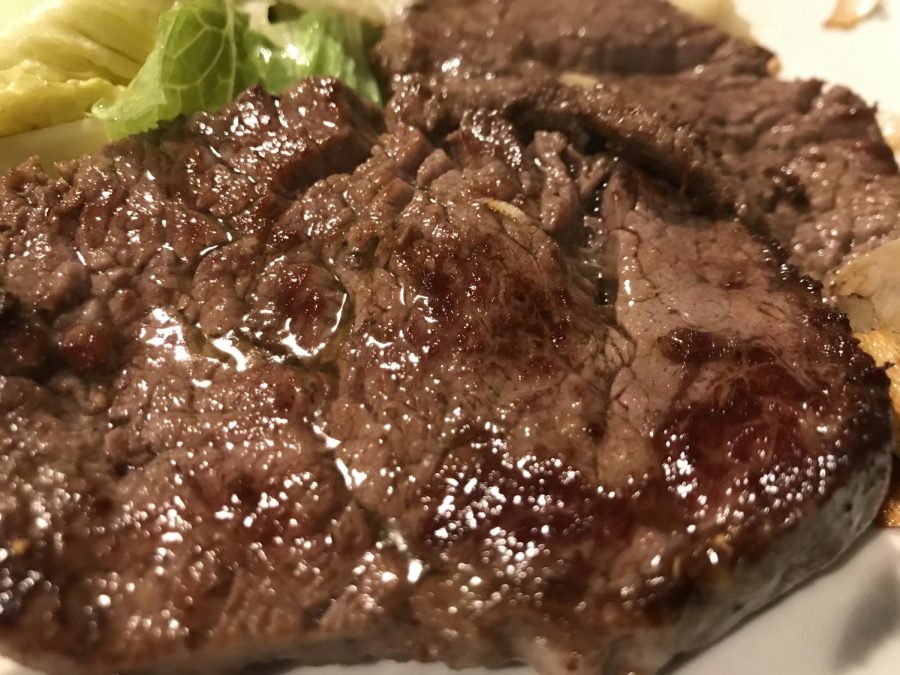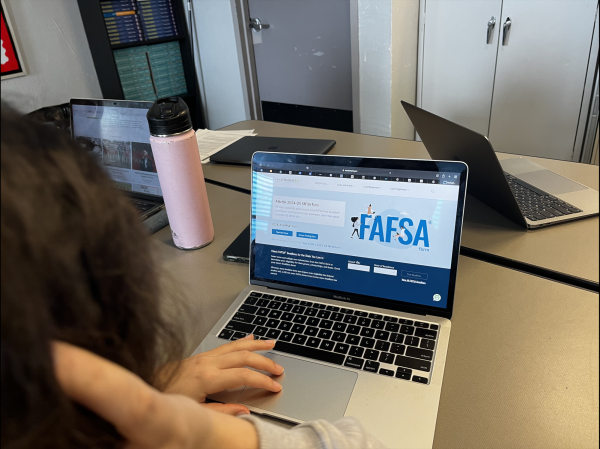Meat Shortages Predicted Due to Covid-19
Meat shortages are predicted to occur due to the Covid-19 pandemic.
May 5, 2020
As South Dakota and other major meat-producing states struggle to combat Coronavirus, their factories are being forced to shut down due to the high infection rate amongst its workers. This closing has and will create a food shortage of unknown size, euthanize a large amount of livestock and potentially infect more people with Covid-19.
First, the closing of meat factories will create a food shortage that will impact the nation. The meat factories that have already closed will create a predicted shortage as soon as the beginning of May, the effects will soon be felt in the coming days. This shortage is likely to impact meats such as poultry, beef and pork; those often found at meat counters. The likely shortage will not impact frozen meats as they were packaged far before any discussion of such shortages. The production of pork and beef is already down 25 percent since the outbreak of Covid-19, a statistic that has shocked many into buying more meat than necessary in anticipation of the coming paucity. This has led to meat prices rising, with an estimated one to three percent increase in the coming months.
Due to the closing of major livestock farms amidst the Coronavirus outbreak, many are forced to euthanize the animals within them. The farmers, who are unable to go to the farms to feed the animals are now being told to kill all of their animals. On top of the unfortunate nature of the event, thousands of pounds of food will go to waste that could be put into circulation in the United States.
“It is really sad that so many animals are being killed for absolutely no reason,” freshman Patrick Heydasch said.
In an attempt to counter the factories closing and likely food shortages, President Donald Trump signed an executive order stating that meat factories are vital to the nation and are allowed to stay open, despite the factories becoming an epicenter for virus outbreaks in many mid-west states, causing the food shortages in the first place. This means that the factory workers will be allowed to work in environments that have recently been the site of outbreaks of Covid-19, which has evoked an abundance of backlash from unions who say that it will jeopardize the well-being of about half a million workers. The workers are put next to conveyor belts, often shoulder to shoulder with other workers, which means that they have no possibility of following the social distancing recommendations.

Unions would be all over the meat factories if they let people work during the pandemic
— Nathaniel Leiva
In short, due to the closing of meat factories nationwide, there has been an inflation in the price of meats, anticipating a likely meat shortage nationwide. Also due to the closing of the factories, they are being forced to euthanize all of the livestock, wasting thousands of pounds of food. The factories are legally allowed to open, but could potentially spread Coronavirus to many of the workers.























